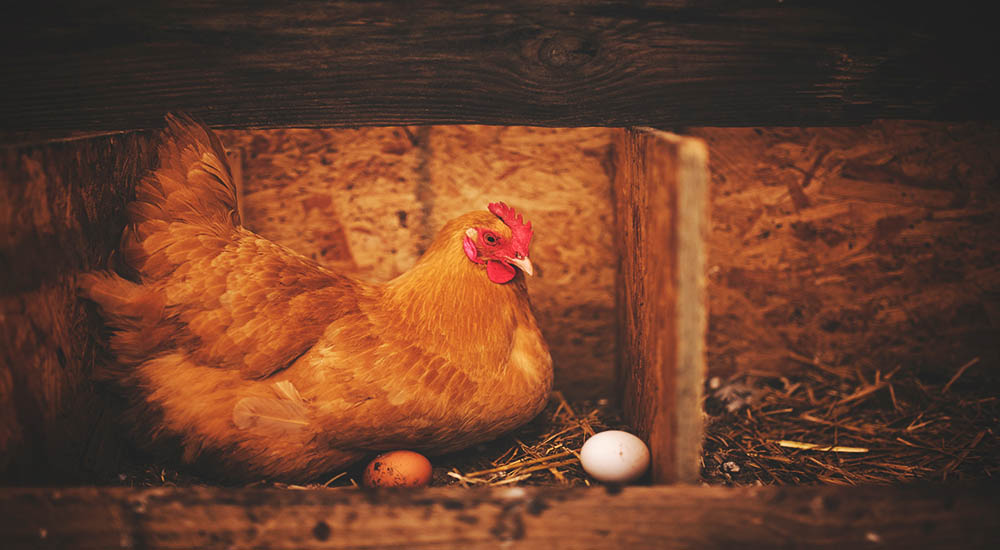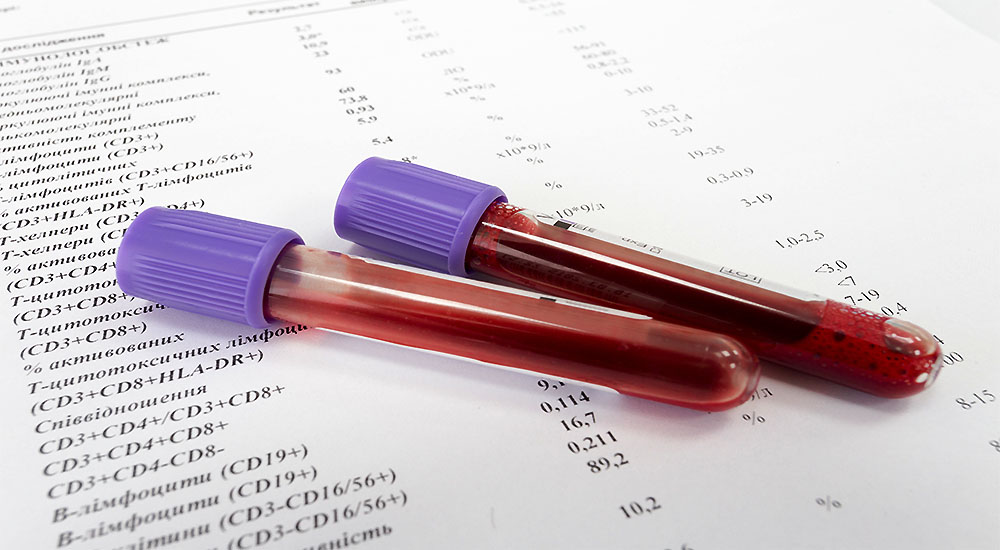Getting ‘Glutened’ from Meat that Ate a High Gluten Diet?

Meat Should be Gluten-Free, Why Not Eggs?
I have been asked by patients many times: “Will I get a gluten exposure from eating the meat of an animal that ate gluten?”
As their clinical nutritionist, I was always happy to calmly reassure the questioner that there was ‘no way’ that was a concern. However, what one quickly learns as a clinician is “Never say never”, because as soon as you think you’ll never see something occur, there it is looking you straight in the face!
I do still believe that when eating the flesh of an animal that ate gluten the likelihood of gluten exposure is practically nil, but research points out that isn’t necessarily the case for chickens and their eggs – specifically egg yolks.
Do You Seem to Get ‘Glutened’ from Eggs?
As reported in Bioscience, Biotechnology, and Biochemistry, researchers from Japan took laying hens and gave them a diet with a high concentration of soy isoflavone (an active ingredient present in the soybean) for a period of 18 days.
The amount of isoflavone was measured prior to the change of diet and again after the isoflavone was administered. The concentration of isoflavone hit a peak on the 12th day of feeding and the conclusion of the researchers was definitive – the soy isoflavone was absolutely transferred into the yolk from the feed of the hen.
What does this have to do with gluten exposure? While anecdotal, there have been reports from individuals with celiac disease or gluten sensitivity who are highly sensitive to ANY gluten, no matter how small the amount (meaning well under the governmental regulation citing less than 20 parts per million as an acceptable level), as reacting to eggs when the hen was eating a high gluten grain diet.
Eggs Seem Particularly Vulnerable to the Hen’s Diet
When these same individuals ate eggs from a different source, where the hens did not consume gluten, they were fine and experienced no ‘gluten’ reaction to the eggs. Prior to seeing the study mentioned above, I would not have known how to respond to such a reaction.
I would never have believed that gluten consumed by the mother hen could potentially show up in the yolk of her eggs, but apparently, it is a possibility.
If You Seem to React to Eggs, Try This
Eggs are a great food in my opinion. They are an easy protein source, readily available, inexpensive, and can be prepared in a number of different ways. Therefore if you feel you are having a ‘gluten’ reaction to your eggs, I recommend that you do the following:
1. Check the diet of the hen laying the eggs. This is less difficult than it sounds. The farm that produces the eggs should be able to give you a good idea of what the hens eat. If the farm does engage in a high gluten diet, find a different farm, and see how you react to those eggs.
Note: To enjoy the healthiest eggs I would also recommend buying from cage-free farms that are organic, add omega-3 fatty acids to the feed, and are antibiotic-free.
2. Get tested for cross-reactive foods. This is a blood test that will tell you if your immune system is confusing the protein found in common gluten-free foods such as eggs, dairy, chocolate, etc for gluten.
If this is the case, the food needs to be removed for a period of time from the diet during which time the immune system and leaky gut need to be addressed. Fortunately, in most cases, cross-reactive food reactions are only temporary – and eggs are definitely in the temporary category.
3. If you think you may have a true allergic reaction to eggs, ask for an IgE or delayed IgG blood test to check for that.
Regardless of the cause, it shouldn’t be difficult to discover the actual reason the body is reacting to eggs.
An accurate diagnosis is critical to regaining health. A body can’t heal if it continues to be assaulted by something that’s causing the immune system to react and therefore get weaker. Hang in there until you get to the root cause of the problem.
If you need help, let me know. I do want to be perfectly clear that the situation in number 1 above would likely only be a problem for the most sensitive of individuals. If tested, the eggs discussed would NOT be found to contain gluten. They would likely not have 20 parts per million of gluten, and perhaps even less than 1 part per million. But, there are those individuals whose bodies and immune systems are quite capable of detecting minuscule amounts of gluten and it is to these people that I am addressing this issue.
Do you need help with your health?
We have the diagnostic and testing tools, the clinical experience, and a different medical approach to discovering the root cause of why you have the symptoms that are bothering you. As long as you are ready to make some dietary and lifestyle changes, we can help you. We will "hold your hand" through the changes, step by step, to make each step an easy one. We are located in Clearwater, FL, at 1000 S Ft Harrison, at the corner of Ft. Harrison Ave. and Magnolia St. There is plenty of parking space directly accessible from Ft Harrison. If it is not convenient for you to come to Root Cause Medical Clinic, we offer telehealth/telemedicine consultations to residents of certain states. Call us for details.
Contact us for a Consultation – Call 727-335-0400

Dr. Vikki Petersen DC. CCN
Founder of Root Cause Medical Clinic
Certified Functional Medicine Practitioner
Dr Vikki Petersen is a public speaker, author of two books, several eBooks and creates cutting edge content for her YouTube community. Dr Vikki is committed to bringing Root Cause Medicine and its unique approach to restoring health naturally to the world.
Ask a Doctor
Have a health concern you'd like to speak with a doctor about? Or just want clarity on a subject? Ask Us!
Featured Articles
Popular Stories
Reference:
- Bioscience, Biotechnology, and Biochemistry. 2001 Oct;65(10):2220-5. Transfer of soy isoflavone into the egg yolk of chickens.


